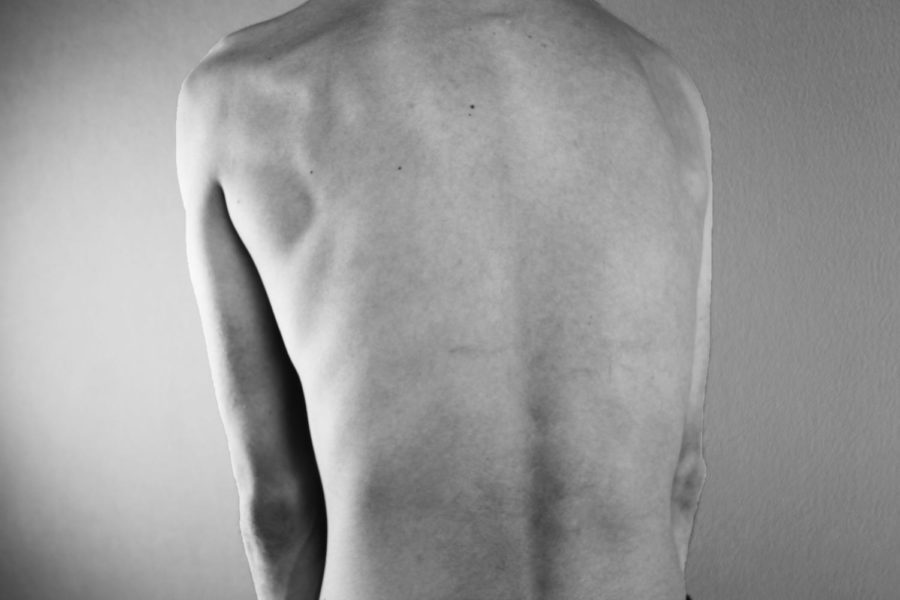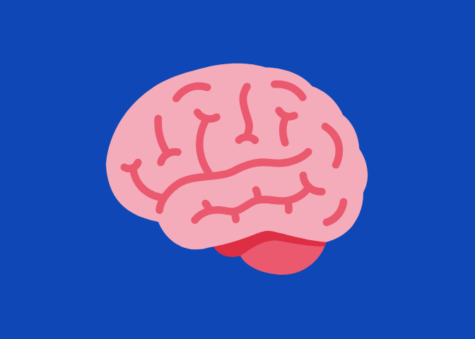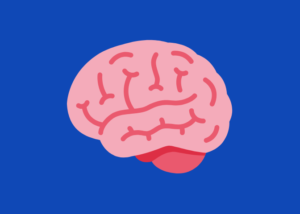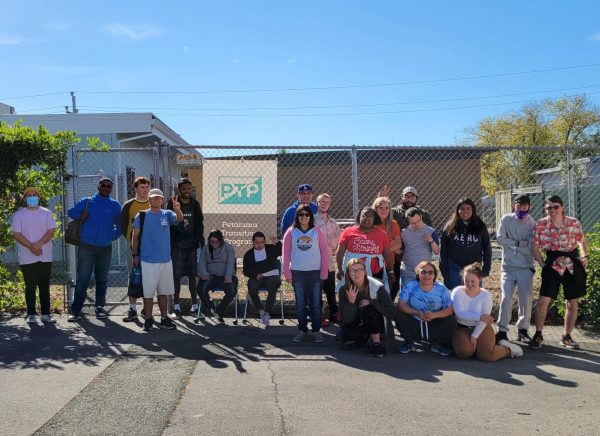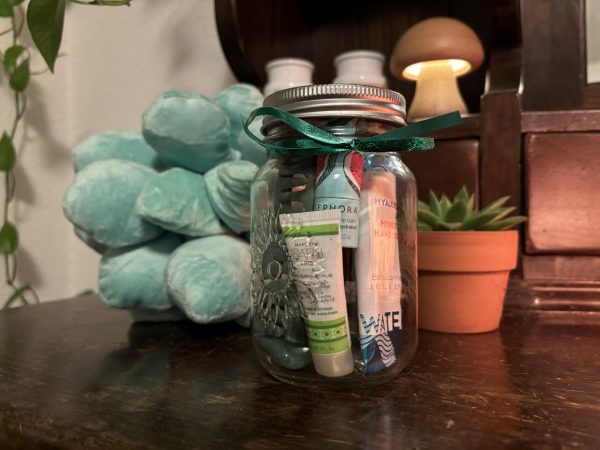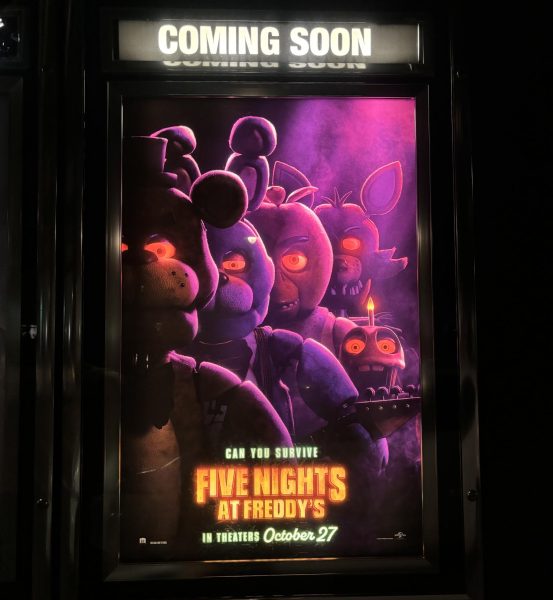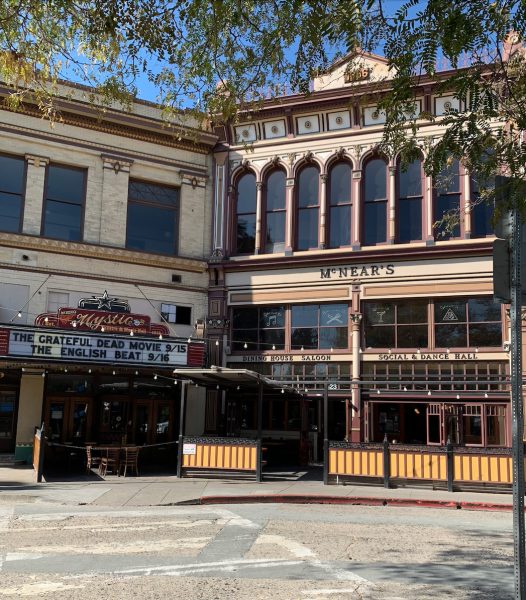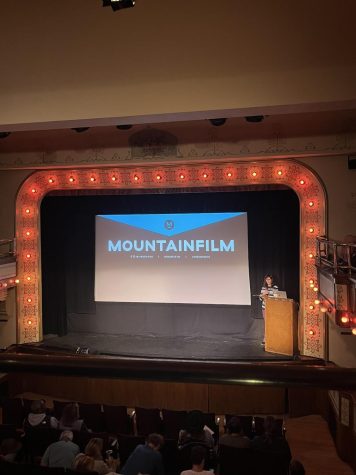Mind and Body: The Fight Against Eating Disorders
Trigger warning: The following article contains discussion of eating disorders, self-harm, depression, and suicide.
The overwhelming presence of “pro-ana” and “pro-mia” websites, blogs, and forums that can be found with a simple, 5-second Google search is a startling indicator that eating disorders have evolved from more than just a behavioral condition into a culture of their own. “Wish I didn’t eat earlier,” one user writes in a thread, “Could have been lighter tomorrow.” Another thread advises the site’s bulimic members on how to purge food easier. There are thousands upon thousands of posts by users both documenting and celebrating extreme weight loss and unhealthy calorie restriction, and a thousand more that showcase the truly dark side of eating disorders: members write about going to the hospital for stomach ulcers, overdosing on vitamin supplements and laxatives, fainting spells, and even attempting to perform a liposuction on oneself in a last resort to remove unwanted body fat.
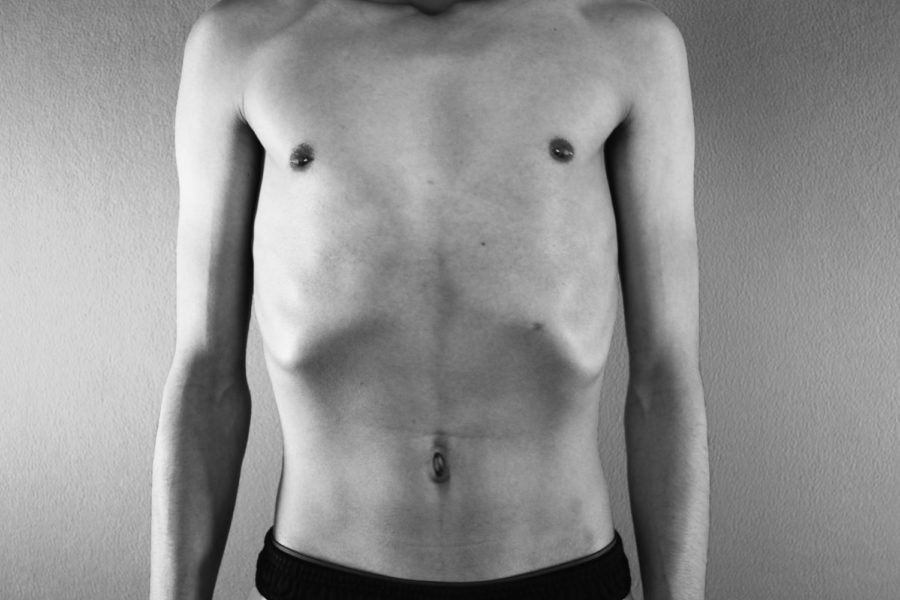
For young and impressionable teenagers that stumble upon these websites or even seek them out willingly, the culture that exists in pro-ana communities can be a toxic and engrossing environment; for someone who is susceptible to or struggles with an eating disorder, things can quickly turn from supportive to competitive. “There’s definitely elitism in the eating disorder community, based on your weight and what fad diets you have completed in the past,” sophomore Diana Prince* says about her own experience on these websites. “People get worshipped for trying crazy stunts, such as fasting for 21 days. It can be horrible- horrible in the sense that you feel like your eating disorder isn’t even worth addressing compared to theirs.”
“It’s an achievement to live,” says 21-year-old Jane Doe*, a well-known member on one of these sites. Doe, who weighs currently weighs 112 lbs as a 5’6 woman, considers these sites to create a sort of contest-like mindset in it’s members, causing them to “outcompete” each other in disordered behavior and weight loss. “It’s almost like seeing who can live the longest in a life or death situation. Can you survive to be sexy? If you can suffer for a long period of time, you are a survivor. You have achieved what most people can’t.”
According to a statistic by the National Association of Anorexia Nervosa and Associated Disorders (ANAD), over 30 million people of all ages, races, and genders, in the United States alone, suffer from an eating disorder. A primary cause for this obsessive, behavioral fixation on weight, caloric intake, and food purity is scientifically unknown; however, many health experts agree that the cause can stem from a culmination of pre-existing conditions, most of which are environmentally related. A rough childhood, a lack of self-esteem, or a stressful living situation can all be catalysts for an eating disorder; as is the case with senior Norma Michaels*, who has suffered from an ongoing eating disorder for nearly 8 years.
“My dad was an alcoholic and my parents were divorced and I just resorted to eating. Things were really out of my control,” Michaels says, “and I felt like eating was the only thing that was in my control. I had lost a part of my life and I felt like what I was doing was taking it back through my eating. I would eat 4000 calories a day as a 9-year-old, and eat the weirdest sh*t. I would, like, put butter on tortillas and microwave it and eat ten of them. That’s how I dealt with it.”
What Michaels is describing is Binge Eating Disorder, otherwise classified as BED and, in some cases, as a subtype of EDNOS (Eating Disorder Not Otherwise Specified). BED is described as feeling a lack of control with eating habits and usually consists of a person consuming large quantities of food in a short period of time (or “binging”) or past the point of physical pain (i.e. feeling uncomfortably full). Although similar to bulimia in the overconsumption of food, most people who struggle with BED do not purge their food (whether it be through inducing vomiting or using laxatives), which can lead to rapid weight gain and a variety of health issues involving weight. Bulimics face a different battle: the constant purging of food can cause tooth decay, ruptures in the esophagus, and heart failure from electrolyte imbalances.
“I think most people assume with [eating disorders] people literally starve or eat an apple and then throw up,” Doe says. “But really, [eating disorders] come in many different forms. There’s laxative abuse and binge/purge marathons. I was taking 30 laxatives a day at one point. [Binging and purging] is very addicting and that’s one thing that I felt I had no control over. No one would guess how hard it is to break a [binge/purge] cycle. The only way for me was to fast or not purge and “punish” myself and let the food sit in me. It was a way of punishment and to stop the [binge/purge] cycle, because then I would just get fat if I didn’t purge after the binge, and it would make me stop because the whole underlining fear behind my [eating disorder] is getting fat,” she says, just before finishing off her long-winded explanation of bulimia with a blunt statement. “I would never want to get fat. Ever.”
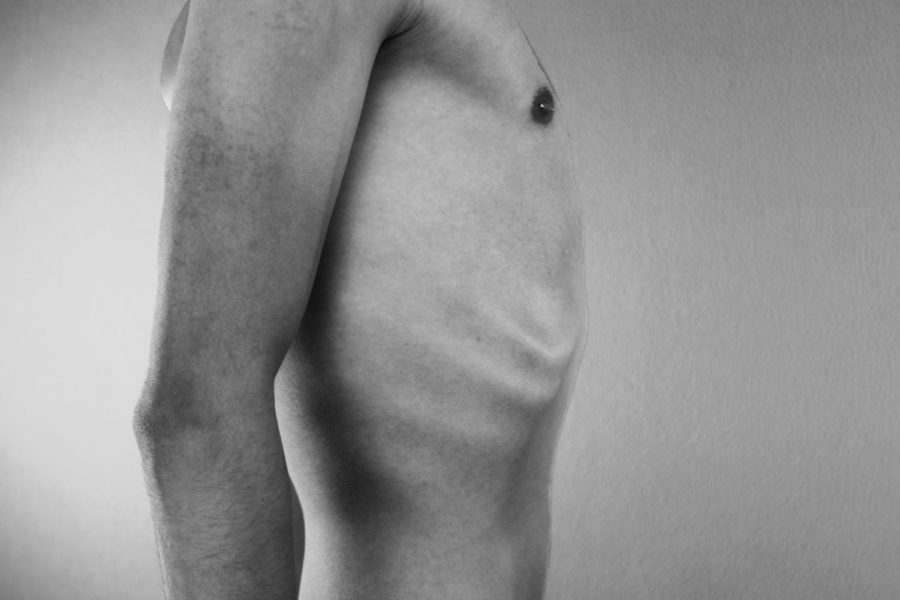
Doe, who is adamant that her eating disorder has been nothing but beneficial for her well-being, both mental and physical, seems to defend the very behaviors that claim the life of a person in the United States every 62 minutes (ANAD). “When I was at my lowest weight [of 92 pounds], I thought I had a lot of power and control more than most people. I knew I achieved something very hard that wasn’t easy, and I realized I did it. I felt I could achieve anything. My thoughts were positive, I was confident. I felt like I was truly living to my full potential,” she says. “Without my ED, I almost don’t know who I’d be today. It’s a part of me physically, spiritually, and mentally.”
But Michaels tells a different story: one of loneliness, depression, and self-loathing. “The day I hit my lowest weight was the unhappiest day of my life. I thought that when I got to 135 lbs, my life was going to be perfect and things were going to turn around for me. Instead, I tried to kill myself. I took like 10 sleeping pills, and my mom came home and I was sitting on the bathroom floor like hyperventilating and I told her what happened. She shoved her finger down my throat and made me throw up so I wouldn’t die,” Michaels says. “Sometimes people personify anorexia and think of it as something that’s their friend or makes them feel good, but it’s not real. It’s something that your brain has created to make you feel like you’re not worthy.”
Cheryl Negrin, NP, explains how the process of recovering from an eating disorder is usually more complex than just increasing food intake, and states the steps that should be taken by family and friends to help a person who is struggling. “It’s really hard to say to someone, ‘Why aren’t you eating?’ or ‘Are you okay? Is there something going on?’ It’s really hard to just say that to somebody, so you have to find a way to invite yourself into their little world, with sincerity,” says Negrin. “It’s very important to be supportive, loving, warm, and caring, and make sure there’s a place for them to feel safe and for them to be able to talk about whatever they may need to talk about.”
If you or a loved one is struggling with an eating disorder, please contact the National Eating Disorders Association at 1-800-931-2237 or text “NEDA” to 741741 for their 24/7 crisis hotline. More information on this topic can be found at https://www.nationaleatingdisorders.org/ or at https://anad.org/.
* The names in this article have been changed to protect the anonymity and privacy of the individuals mentioned.


